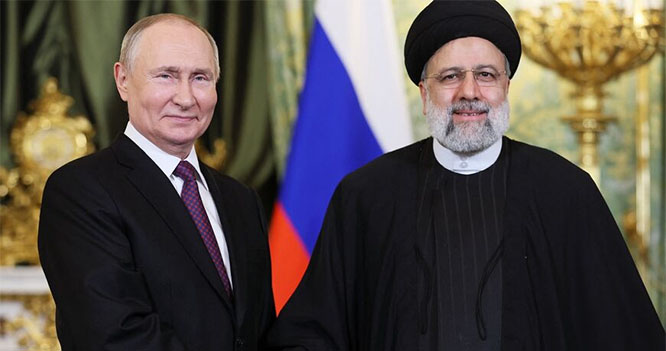New Delhi, Dec 18: Scientists at IIT Kharagpur have used waste onion skins to develop an inexpensive device that can generate 'green' electricity from body movements and may power pacemakers, smart pills and wearable electronics.
The non-toxic, biodegradable and biocompatible device takes advantage of the suitable piezoelectric properties of the onion skin, researchers said.
Piezoelectric materials have the ability to convert energy from everyday mechanical motions into electricity.
"This homespun inexpensive innovative finding can be a breakthrough scientific research in a new direction; even common people can generate energy in any circumstances using this simple novel cost-effective idea," Bhanu Bhusan Khatua, a professor at Indian Institute of Technology (IIT) Kharagpur in West Bengal said.
Increasing population, industrialisation, and ubiquitous use of electronics and vehicles are playing a huge role in destroying the environment day by day.
The rising burden on fossil fuels and depletion of natural resources has made the development of sustainable and alternative green energy technologies a pressing requirement in current energy deficiency world, researchers said.
Piezoelectric materials can be used to convert simple body movements into green energy without adding any pollution to our environments.
However, piezoelectric nanogenerators are difficult to synthesise and are often very expensive. They are also usually highly toxic or pose environmental hazards, which means their use in real life application remains limited.
These drawbacks prompted researchers at IIT Kharagpur and Pohang University of Science and Technology in South Korea to develop a non-toxic, biodegradable and biocompatible piezoelectric nanogenerator (BPNG).
Among various cellulose containing bio-materials, onion skin is the most abundant bio-waste, said Khatua.
"This motivated us to study the piezoelectric coefficient of the onion skin and its suitability as a bio- piezoelectric material," Khatua said.
"The uniqueness of our work lies in the novelty of utilising naturally abundant biocompatible and biodegradable onion skin directly as efficient piezoelectric material, which is thrown as tonne-scale garbage in every day worldwide," he said.
The device could be used in various biomedical applications such as pacemakers powered by heartbeats or edible devices that can track health from inside the body.
Researchers estimate that the device could be manufactured easily at a cost of less than a rupee, with existing technologies. This would make the system accessible to people the economically weaker sections of the society.
To build the device, the researchers coated an onion skin with a thin layer of gold and added copper wires with silver paste. It was then encapsulated in polymers.
The nanogenerator is capable of harvesting several types of mechanical energies, including body movements, wind flow and even machine vibrations.
The device developed by researchers has an output of 18 volts and can turn on 30 green LEDs under repeated human finger touch response, according to the study published in the journal NanoEnergy.
The device could withstand repeated cycles of pressing and releasing for up to five months. The voltage generated remained almost unchanged even after long cycles, indicating good mechanical stability of the device for bio-medical applications, researchers said.
"We also studied the durability of the device under sewing machine vibration for 10,000 cycles. From the result it can easily be said that the device had enough mechanical durability and chemical stability for realistic applications," Khatua said.
The researchers, including Sumanta Kumar Karan and Sandip Maiti from IIT, are optimistic about commercialising the technology soon, although more research is required before it can be realised in practical applications.








Comments
Add new comment